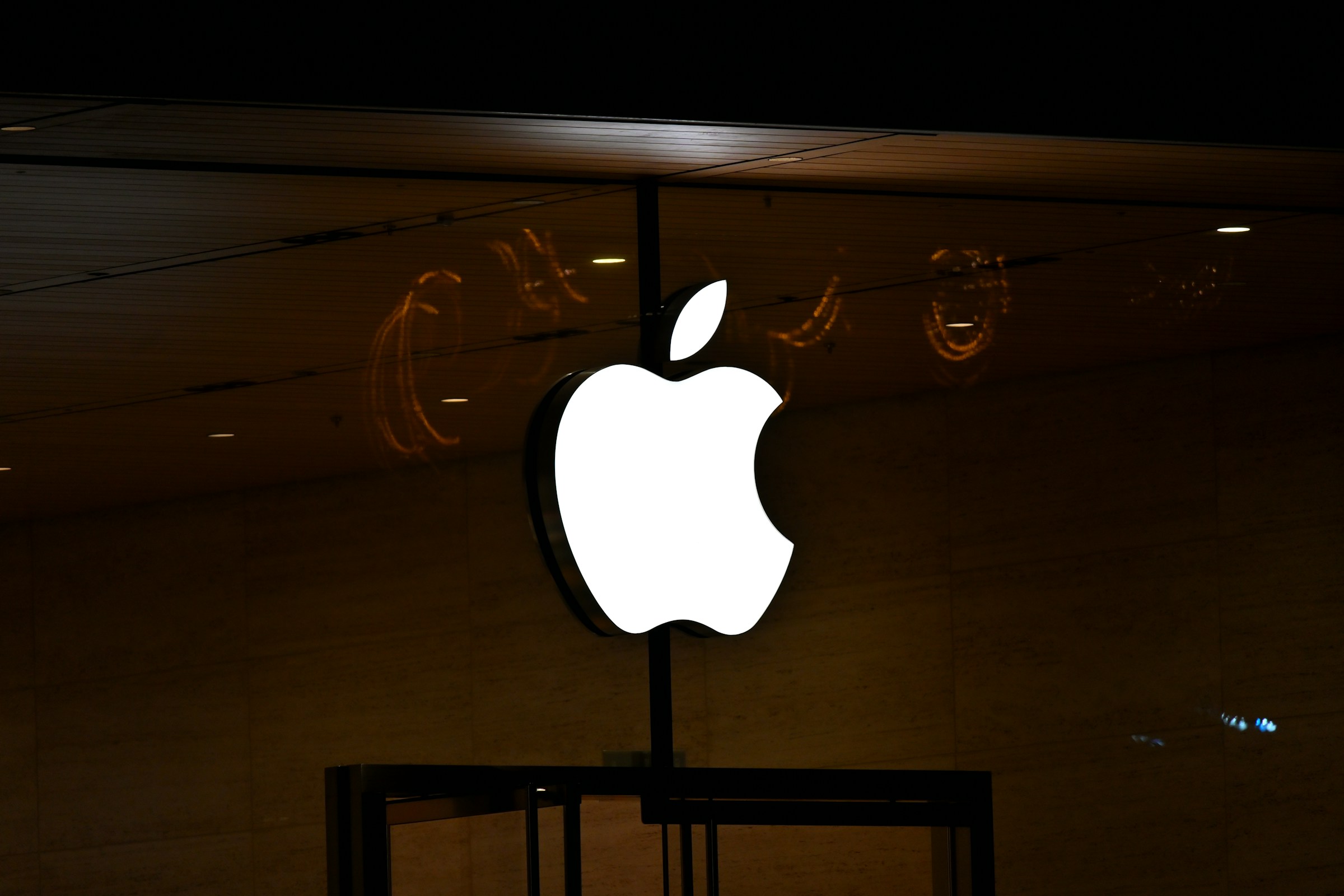While the UK’s Competition and Markets Authority (CMA) sharpens its regulatory teeth against Apple and Google’s mobile dominance, the real story isn’t about app stores or browser defaults. It’s about the reassertion of national strategic control in a tech economy long governed by American platform logic. This move—rooted in years of inquiry—signals not just a policy shift, but a reframing of what digital sovereignty looks like in the post-Brexit regulatory era.
In other words, this isn’t just the UK flexing antitrust muscle. It’s the country attempting to rewrite the playbook for how digital ecosystems are governed when they intersect with national economic interest. And unlike the US, which remains mired in legislative gridlock over Big Tech regulation, the UK is deploying sharper tools—and faster.
Apple and Google’s mobile ecosystems have long operated under a model that blends hardware control, software default capture, and monetization of app distribution. Their platforms aren’t just marketplaces; they are gatekeepers. In the UK, 97% of mobile browsing occurs on devices running iOS or Android, giving both firms unparalleled leverage in what apps get downloaded, what payment rails are permitted, and how services gain traction.
The CMA’s push, through the new Digital Markets, Competition and Consumers Bill, aims to tackle these entrenched dynamics. Among the powers under consideration: compelling Apple to allow third-party browser engines on iOS, and forcing Google to give developers more choice over in-app payment systems.
What’s emerging is a fundamental reclassification of these platforms—not as private tools of innovation, but as digital infrastructure with national significance. And once that shift happens, the bar for neutrality, interoperability, and local economic benefit rises dramatically.
While the EU has introduced the Digital Markets Act (DMA) to police similar behaviors, its rollout remains uneven. Apple has challenged the EU’s designation of iMessage as a gatekeeper service; Google is dragging its feet on interoperability demands. Enforcement timelines stretch across years, and the risk is that by the time frameworks are implemented, market structures have already evolved.
The UK, by contrast, is moving with uncommon pace and specificity. The CMA’s Digital Markets Unit (DMU), still in pre-legislation status, has already issued binding codes of conduct in preparation. It’s a blueprint that reflects less faith in multilateral harmonization—and more belief in unilateral agility.
For global tech firms, this means UK compliance will no longer be a light-touch adaptation of EU rules. It is becoming its own regulatory terrain—with sharper penalties and faster implementation. The strategic divergence is no longer theoretical. It’s structural.
The long-term threat to Apple and Google isn’t just reputational—it’s architectural. The UK’s rules could unravel the bundling strategies that make platform economics so powerful. If app developers are allowed to bypass App Store commissions (up to 30%), or if Safari loses its status as the enforced browser engine on iOS, entire layers of monetization logic begin to weaken.
And it’s not just Apple. Google’s dominance in search is propped up by its status as the default engine on Android and iOS browsers. If defaults are dismantled, or if browsers must offer real choice screens, downstream effects on search ad revenue and user engagement multiply. In other words, the CMA isn’t attacking individual features. It’s probing the core logic that keeps platform profit margins so asymmetrically high.
From Dubai to Jakarta, regulators are watching closely. In many Gulf and Southeast Asian markets, Google and Apple dominate mobile environments even more thoroughly than in the UK. But the playbook to contest that dominance has been unclear—until now.
The UK’s stance provides a procedural and philosophical precedent: that mobile platforms are not exempt from antitrust scrutiny simply because they are foreign, innovative, or consumer-preferred. It also suggests that market dominance is not the endgame—strategic utility and regulatory control are.
We’re likely to see increased regulatory mirroring in MENA markets, especially where economic diversification strategies (like Saudi Arabia’s Vision 2030) prioritize domestic tech ecosystems. App store fees, payment routing, and platform defaults could soon come under scrutiny not just in Europe, but across emerging digital economies seeking to rebalance power and capture more local value.
Too often, platform compliance is treated as a legal risk, not a strategic reset. But the UK’s actions are redrawing the boundary between platform privilege and public responsibility. For product leaders and strategy heads, this means treating digital distribution not as a given—but as a battleground.
Platform advantage is shifting from bundled control to regulated neutrality. Firms that build for interoperability, invest in alternative browser and payment routes, and localize faster will find themselves less exposed—not just in the UK, but in the regulatory wave likely to follow.
This isn’t just regulation. It’s redistribution of digital power—one jurisdiction at a time.




.jpg&w=3840&q=75)



.jpg&w=3840&q=75)





